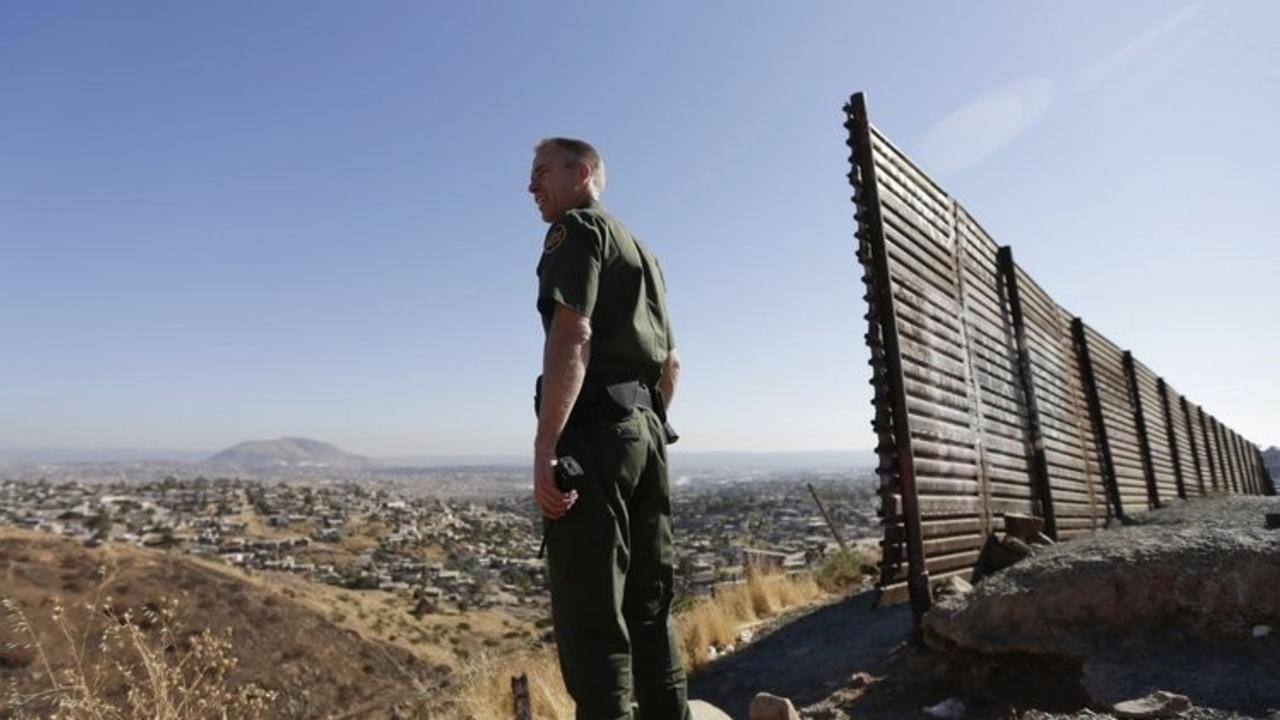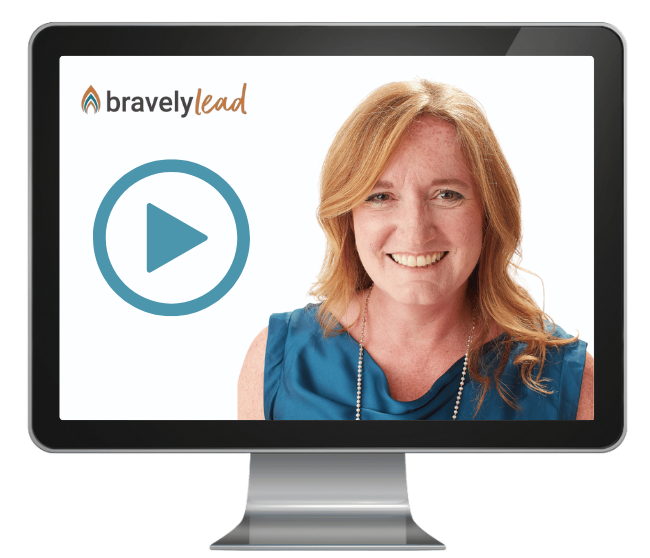Building a wall will NOT keep us safe: how public engagement and democracy are failing

Photo Credit: AP / Gregory Bull
We should be afraid, very afraid. The world is a very scary and dangerous place. We need safety — from each other, from “others”, in our communities. There are bad people out there and they are coming for you.
The media tells us this every day. Over and over again, on replay.
We experience it in social media ourselves, when some of our “friends” and “followers” belittle, bully, intimidate or threaten us or others. Peaceful events are taken over, men and women are shot or killed in the street because of the colour of their skin, their nationality or religion or the uniform they wear, we hold meetings so we can yell our anger, fear, hurt and frustration at each other — all in the name of freedom of speech and democracy.
Democracy is based on the foundation that people have a right to have a say about issues that matter to them. This is a fundamental principle underlying democracies around the globe. And taken to extremes, without a sense of responsibility or accountability, it is amplifying the worst in humanity.
For example, this week actor Leslie Jones closed her twitter account because of hate, misogyny, racism, harassment, and abuse from other users.

Photo credit: Daily Mirror, UK
This is a common story, and a growing phenomenon in social media — where digital tools were created to amplify our individual voices, equalize power, connect us to each other, and rapidly engage on important issues. These have all been really positive developments in society, and have changed the way we interact, engage and raise our voices.
Unfortunately, many of these tools are now routinely used to promote hate, fear and blame and to exclude, marginalize or bully. There is no sense of responsibility, accountability or consequences for individual users who take these actions or by companies like Twitter, who have a conflict of interest — with a goal of increasing users there is little incentive to police the actions of its users or reduce their numbers.
In 2013 I wrote a blog about mob mentality and group think and the harm it was causing to our democratic processes. I cited a number of projects and situations (including some of my own experiences), and described the phenomenon in detail. In the last 3 years the challenges have only gotten bigger and more extreme — and we seem to be heading to more desolate destinations in our engagement processes moving into the future.
The last few days I’ve taken some deep breaths and decided to watch segments of the Republican National Convention in Cleveland. I’ve tried hard to suspend my judgment, get out of my own head — about how I’m good, right and on the side of the future we need, and the idea that what I’m seeing is crazy, bad and downright scary. As you can see from that sentence, it's taken some real work to set that belief aside.

Photo credit: salon.com
I looked at the sea of caucasian faces, more male than female. I listened to the cries of “Make America Great Again” and “Make America Safe Again” and the litany of woes about how the last 8 years have destroyed and forever damaged the “greatest nation on earth” beyond repair. I also heard fear, anger, hope, anxiety, frustration — and the deep wish for things to change. I heard speakers I have previously ridiculed say things like “Vote your conscience. Vote your conscious for candidates up and down the ticket...”
And of course, the wall. That the wall should be built. To protect people and keep them safe.
The truth is that I’m NOT on the side of angels, and Trump and his supporters are NOT bad people.
They are afraid. Afraid of their future hopes falling short, of their lives not living up to their expectations, of the gap they see widening between the life they think others are living, and the life they want to live — and they need somewhere to focus that fear, frustration and anger. They believe in democracy as they define it — where they have a right to a voice, and are entitled to use that voice as they see fit.
They need to believe someone sees them and is fighting for them. And in order to believe in the possibility of the future they hope for, they need to marginalize, blame, sideline and limit anyone who thinks differently. Because that is threatening. Kind of like my line of thinking when I sat down to watch the convention, just that I’m on the other side of the spectrum. I’m “left”, the Republicans are “right” — and we all justify how wrong the other side is by ridiculing, sidelining, belittling and de-humanizing each other. (On a personal note I’m pretty far left in my political leanings, so far left that my dear departed grandfather — a good ole Texas Republican himself — used to call me a “pinko”).
Even when we hold public engagement processes to talk about really important issues we seem to fail each other. There have been a plethora of town hall meetings held in the last few years, often planned and hosted by elected officials, to deal with serious, important and complex issues where emotions run high.

Photo credit: thestand.org
FIRST, CAN WE ALL JUST AGREE THAT TOWN HALL MEETINGS ARE THE LAST OF THE BLOOD SPORTS?
I can’t believe I need to write that. Isn’t it obvious?
Anyone who has ever planned a public engagement process on a really important and potentially emotional issue knows that.
Except for the people who keep planning them (usually for politicians) over and over again.
They are NOT the right process for complex, controversial and emotional conversations. They pit people against each, build emotional contagion, create a forum for venting high emotion and don’t generate ideas, solutions, or allow people to learn from or understand each other better. Earlier this year I wrote a top 10 list for public engagement techniques for complex, controversial and emotional topics — and the town hall, public meeting and advisory committee are NOT on the list.
When we come together in this environment we generate fear, blame, shame, anger and a sense of the “other” — instead of coming together closer.
For examples of what can go wrong when you hold a Town Hall Meeting on an issue that needs some really deep, heartfelt deliberation, listening, understanding and collaborative problem solving, and instead gets line-ups of people at microphones and no solutions in sight, check out these missed opportunities:
-
July 14 2016 Town Hall meeting hosted by the Ontario Anti-Racism Directorate to tackle systemic racism in government policy, legislation and services.
-
July 2016 Member of Parliament Town Hall meetings planned by Liberal M.P.’s across the country to gather input on a climate change action plan. The goal of the meetings are noted as: “We want to make sure, when we go back to Ottawa in September, that we have a full understanding of exactly where our community stands and what they’re concerned about so we can communicate that on their behalf.”
-
Liberal MP Town Hall meetings on electoral reform planned across the country this summer, so constituents can stand at microphones and tell their M.P.’s ideas about electoral reform.
-
2015 Town Hall consultations held by the Alberta NDP government on changes to labour, health and safety regulations on Bill 6, impacting farmers and the agricultural sector.
-
August 2015 Town Hall meetings with Washington DC community members about increased violence in their communities.
-
Town hall meetings in Virginia about the building of a new mosque in November 2015.
I could keep this list going on for pages and pages.
Here is what all these town hall meetings have in common:
-
they are complex, important issues that affect the society we live in — systemic racism; climate change; the viability of rural communities and the livelihood of farmers, violence and safety in our communities, religious freedom, discrimination and the right to practice faith;
-
there are multiple, varied viewpoints on each issue, and each of these perspectives come with different values, needs and experience;
-
there is a lot of emotion that needs to be acknowledged, addressed and really understood on the issues at play. People are hurt, fearful, have been harmed, are anxious, worried and frustrated.
-
solutions are needed to these issues — long-term sustainable solutions that require thoughtful conversations, idea generation and deep consideration. And generating those solutions will require informed participation about the issue.
These forms of public engagement do NOT get us these solutions or understanding. They generate anger, hurt, blame, shame, frustration — and a venting of the right to have a say. They get us venting, defensiveness, emotions boiling over — and no forward momentum in sight.
We need to re-think this. Public Engagement and our present form of “I have a RIGHT to have a say” democracy needs to be adjusted.

Photo credit: Dialogue Partners
How about public engagement and democracy where we have both a RIGHT AND A RESPONSIBILITY for the quality of the world we create?
We each have a RIGHT to have a say. AND we each have a RESPONSIBILITY to participate in our democratic processes with respect, accountability, and care for our fellow community members. That means we don’t just vent our anger, hurt and frustration. We also try to understand the experiences and perspectives of others. We need to dig deep and try to find solutions to the challenges we face that go beyond blame, shame and humiliation. And if we have been harmed and hurt along the way, we are no further ahead if we harm and hurt others in the name of our cause. We don’t make our situations better, help anyone else, or even feel better ourselves when all we do is come together and yell at each other.
We can’t solve the problems that face us if we are yelling at each other. Politicians and leaders in organizations please consult a public engagement practitioner who has worked in high emotion situations before planning your next public engagement session. They will tell you NOT to hold a town hall, and how to create a respectful space for EVERYONE to be heard, with the potential to create solutions to the problems that face us. And we need solutions to the problems that face us in our world. Racism, climate change, our democratic systems — these are big issues we need to tackle together. And we can’t solve problems if we are yelling at each other.
Fear begets fear. Hate begets hate. Anger, shame and blame beget more of the same. Building a wall doesn’t keep us safe — because the fear is inside us. If you want something different in this world, if you want conversations where we hear each other, where we figure this out, this is not about the “other side” acting properly and stopping their bullying and intimidation. Start at home, in your own heart. This is about YOU stopping your judgement, your righteous belief that you are right and they are wrong, that you have the answers and those other people are bad people. Because if we keep going this way, we’re only going to get more hate, fear, anger, blame and shame.
We need to do better. Ask more of each other. Rise to the challenges of our times and practice HOPE instead of hate. Hold ourselves accountable for the processes we plan, host and participate in. Right now we’ve got the democracy we created. We built this. Let’s create something different instead.




